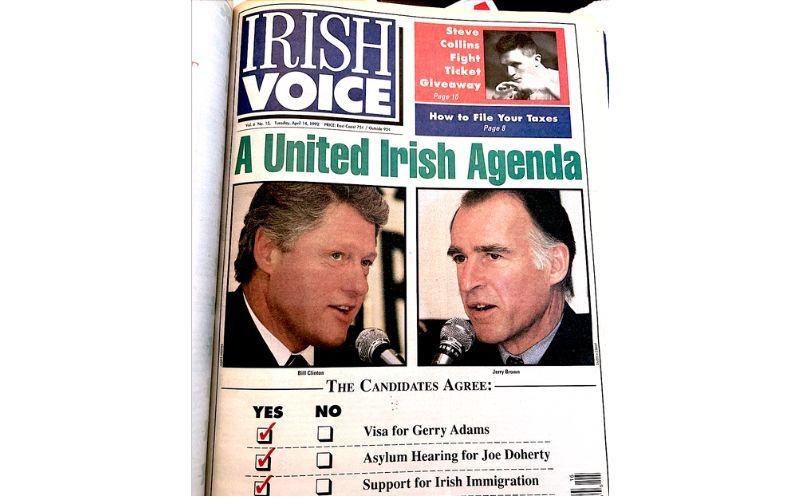This week Derry is still basking in the joy of winning the U.K. City of Culture title for 2013. The title comes with no government funding, but the organizers hope the cultural prestige will translate into tourism dollars to help boost the troubled economy. Derry competed against Birmingham, Norwich and Sheffield in the successful bid.
In a welcome sign of times, the city’s victory was acclaimed by Republican and Unionist representatives, a dramatic departure from the past.
On Monday Deputy First Minister Martin McGuinness told the press, “This is a very precious prize for the peacemakers. Derry was a very troubled place, but it has moved to a new space where we are prepared to look at the mistakes of the past.”
Democratic Unionist MP (member of Parliament) Gregory Campbell also said he felt very proud of the city’s success, adding, “We need to try to ensure that the divisions of the past are the divisions of the past, and that this has a unifying potential for the future. Too often in the past this city has had a divided culture. We need to bring people together.”
The U.S. economic envoy to Northern Ireland, Declan Kelly, also welcomed the honor for Derry. His office was actively involved in securing the nomination for Derry, and Kelly traveled to the city on numerous occasions to assist in preparing the successful bid.
“Winning the title U.K. City of Culture 2013 is a tremendous achievement for the city of Derry and for Northern Ireland as a whole. I have had the opportunity to visit the city on a number of occasions in recent months and have enjoyed very much working with the bid team to help support their great achievements in securing this win today,” said Kelly.
“This victory is extremely important for the region as Derry win will have significant economic impact on all of Northern Ireland. The U.K. City of Culture brings the potential for thousands of new jobs as well as much-needed investment and revenue to the region. It is precisely because of the economic impact, that I became involved early on in the process.”
Brendan McMenamin, arts officer with Derry City Council, said the win would boost the city’s economic potential.
“Economically it means everything and this place needs that. The whole bid is built around connecting people through culture, social cohesion, bringing people together, building up pride, a sense of place. Just basically saying we want to tell a new story,” he said.
The competition was originally launched following Liverpool’s success as European Capital of Culture in 2008. Although Derry will not receive any government funding, the city can expect to stage a number of nationally significant events.
Liverpool’s tenure saw it play host to events ranging from the Turner Prize to the MTV Europe Music Awards. Currently Derry City Council is speculating they might host high profile events like the Brits awards or even the British Academy of Film and Television awards (BAFTA’s) in 2013.
In the past the city has been known for both political and anti-social violence, but nonetheless its bid attracted support from politicians of all hues as well as from artistic figures such as Nobel Prize winning poet Seamus Heaney.
In a statement Heaney said, “Even in darker times, there was always something tonic about the spirit of people here, but prospects of a better future have strengthened resolve, and signs of progress are evident in all spheres of life, not least in the cultural area.”
He added, “We now have a timely and unique opportunity to demonstrate to ourselves and to the world that a new mould and a new life have been shaped.”
Derry still has problems. Riots in the city over the weekend were described by police as among the worst in a decade, and even in 2010 its Republican and Loyalist populations live apart.
“But the past will be put behind us,” Una McGillion of Derry City Council told the press. “Being awarded the title was very significant in terms of economic potential and the growth of the city.”
She added, “We are very confident that with this opportunity we can target areas and places that have had no access to jobs before. It will boost the confidence in the city and the pride of local people.”




Comments